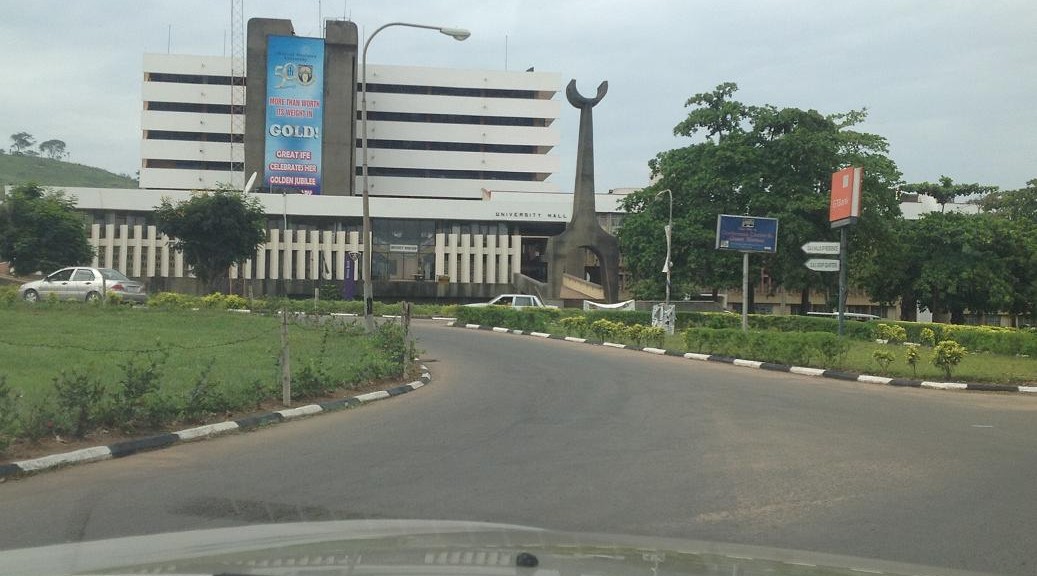The Challenge of Bharti
 This is not a talk about Bharti. It is, as the reader will soon find out, a talk about Nigeria.
This is not a talk about Bharti. It is, as the reader will soon find out, a talk about Nigeria.
You may be forgiven if you thought, from the name Bharti Airtel that we are referring to an airline rather than a telecommunications company. If its meteoric rise among world-class mobile telecom service providers has been overlooked in the past, its acquisition of Zain’s African assets for a staggering $10.7 billion, sure made us take notice. Bharti is now the world’s fifth largest mobile phone company by subscribers base.
It is not new story but the newsy aspect is that the CEO of Bharti was in Nigeria the other day to announce that his company would inject $600million into the business formerly known as Zain Nigeria with a promise to reach all Nigerians with cheap phones. Its capability is neither in doubt nor is it the issue here either but rather that this potential intervention allows the Nigerian Government defer its responsibility to Bharti playing the role which is rightly its (i.e. the government’s) to play.
What happens to those who defer their responsibility to another?
What makes Bharti tick is the storyline that it is a master explorer of IP technology in managing business. The trump card Bharti may wish to tout is its outsourcing model of managing business. The core truth lies in the several other things that we do not set out to discuss.
To start with, once a company is able to cultivate IP, it is running on the success lane. All other things will become mere additions. It is what will eventually separate the men from the boys in world economics and in the craft of using technology to manage business.
Using IP, outsourcing, deep wallets and an excellent PR/media machine that has the world’s ears tuned to its aggressive march into emerging markets, Bharti may just have struck gold and of course we know telecommunications is one intoxicating phenomenon.
By the way, and in parenthesis, our subject is not the kind of telecom firm whose name counted a few years ago. It is a trade vehicle in the manner of emerging businesses where you buy and sell at a profit. The interesting thing is that the Nigerian firm called Zain (formerly many names, almost 5, starting from Econet Wireless) is the one that buyers have always used as bait in Nigeria.
When such companies infiltrate emerging markets, usually via corrupt polities, their take over is total. That is quite understandable isn’t it? Such forays are characteristically into structurally defective markets that are customarily low on morality and ethics and high on corruption. Even when these polities stumble on good decisions, because they are often by default rather than design and lack conviction or principle, their good initiatives tend to somehow self destruct.
Take Nigeria for example. After several years of prevarication and outright refusal by its rulers to embrace liberalization, it eventually did in 1993 but in just one year after it made that decision, it thought the better of it and the initiative was promptly reversed by disbanding the NCC board while simultaneously putting an unbeliever in the liberalization agenda in charge of NITEL to complete the hatchet work. Nigerians, who by then had become almost immune to such crass decision making from it rulers, had to wait another five years till 1999 to make a new beginning. One can attribute a lot of problems that persist today to such those days of poor decision making.
With IP, the need for human intervention in running networks across the world becomes minimized, thus translating to cheaper costs and good margins. And if the gains are truly passed on to the consumers, it makes phone reach the poor and the rural persons cheaper. At least in theory but also demonstrated as real in other climes.
The cost the market pays is that its own technical work force will not partake in the production line. The question is, where does Nigeria stand in all of that? Nigeria is turning out university graduates without preparing them for immediate use of the market. Not even for long term use except that the users will sort that out eventually. Graduate unemployment poses a colossal danger to society. I understand, unpleasantly though, that some of the militants in the creeks are graduates. Well that is just the tip of the iceberg.
Is there a way out?
Of course, there always is. Can Nigeria keep its people talking without keeping them working? The answer lies in our bargaining for every carrot that comes to the table.
That is the challenge of Bharti and a subject for another day.


